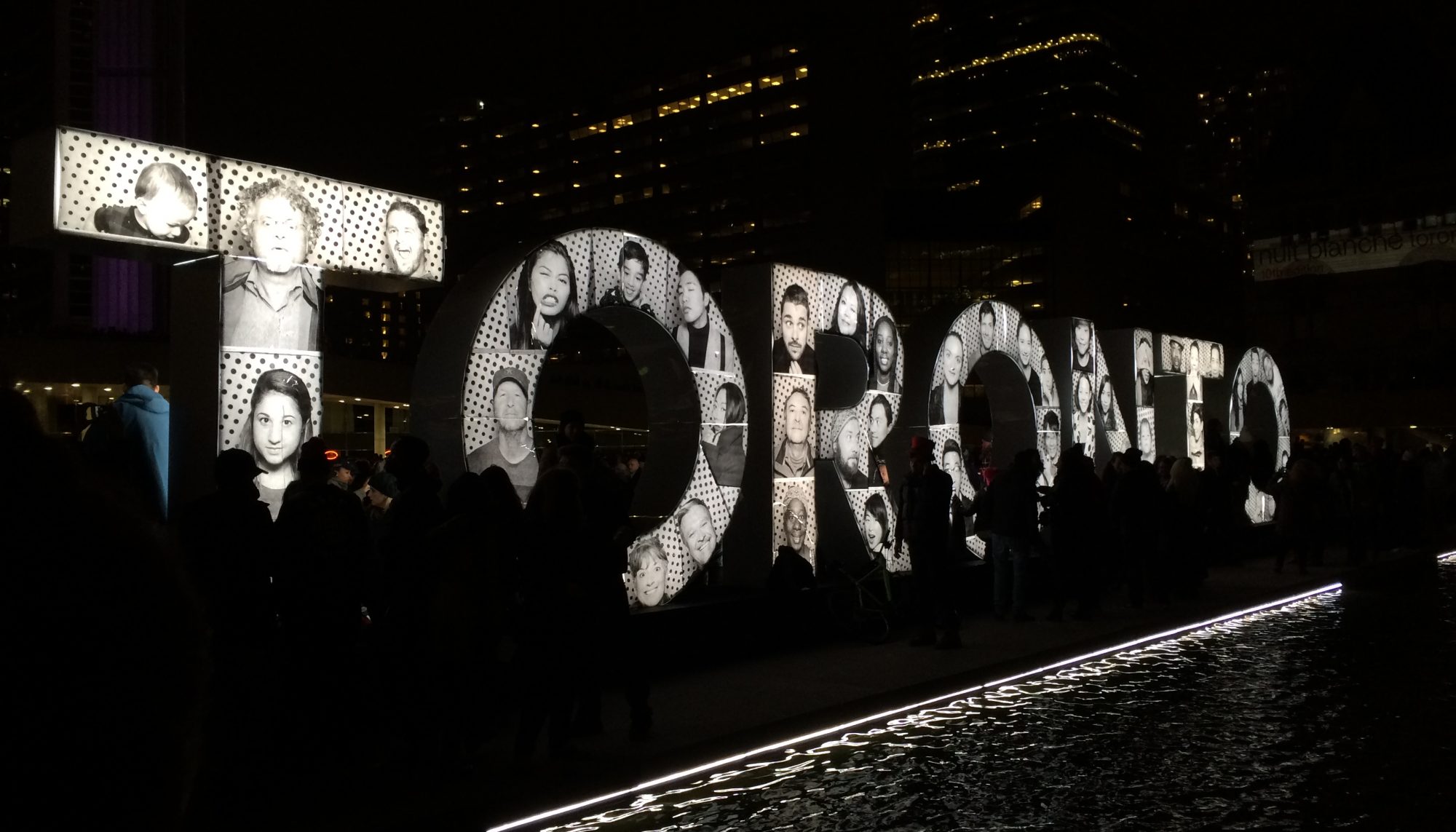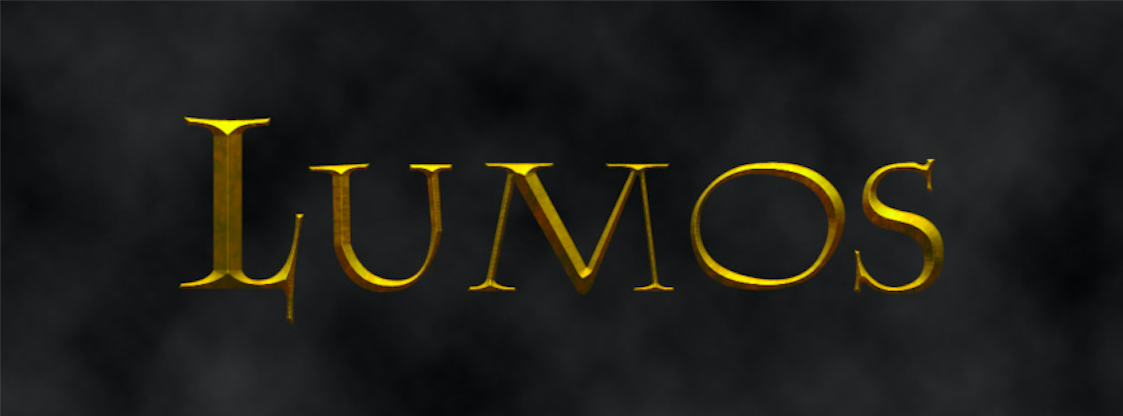I didn’t really like JK Rowling ‘s Harry Potter novels when I first started reading them. My kids consumed them. I read them as I teach children’s lit. Skimmed more like as the ‘voice’ and tone of the novels, intensified through the 5th and 6th, irritated me. I read for the magic and the plot, what happens next? how will this be resolved? what is that mysterious thing?
Along the way I heard the story of JK Rowling ‘s extraordinary generosity to a Toronto girl dying of leukemia long before it was public knowledge. That Rowling sent an encrypted outline of the remaining novels so that this girl could know how the story continued and ended before she died.
Rereading the novels in order to teach Azkaban, Rowling’s choices made more sense. That we are immersed in Harry’s frustration and isolation so that we understand the arc of his choices vs. those of Voldemort.
Fan wikis opened up the extraordinary depth of Rowling’s vision and patterning across the series and I remain impressed by her craft and imagination every time I teach her. However, I don’t think I can teach her novels anymore.
Right now, I am flummoxed by Rowling’s failure of imagination. Her hurtful comments on trans people and ‘people who menstruate’ mark the limits of her imagination and understanding. That she chooses to tweet AGAIN on the life experience of trans people when the response to similar ‘stake my ground’ tweets in December 2019 were widely criticized. Then, Rowling tweeted “support for a researcher whose views on transgender people were condemned by a court on Wednesday as “incompatible with human dignity.”
Rowling’s latest tweets are decidedly more troubling than her prior statements, as she continues to double-down. When we are challenged on our beliefs and views, we have an opportunity to stretch and flex our understanding to see beyond our conditioning, culture, and values.
Rowling’s failure to listen to voices and experience outside of her own recall for me insights that can reframe these moments that can happen to all of us.
A core recognition of value pluralism, according to philosopher Isaiah Berlin, is that values across cultures may be incompatible and incommensurable, such that there may be no equivalence, no ‘oh this X in your beliefs is like Y in mine.” When we are called out as Rowling has been, we have a choice as to whether we will pause and listen to the experience of others. We have a choice as to whether we are open to learning we may be wrong in our views. We have a choice as to whether we will respect that the experience of others may be different from our own and we can respect that diversity even if we will never understand it.
Rowling immerses us in the experience of a 15-16-17 year old boy in a way that becomes believable, with emotional depth, complexity, and truth. Her series also reveals failures of imagination, in her 2-dimensional depiction of bullies (Dudley in particular), and the heteronormative binarism of the series. Fans, thankfully, have enriched her storyworld with fics that imagine what she couldn’t. An adult Dudley struggling with their trans identity and calling on Harry to help with that transformation, which Harry notes, is something the wizarding world is very good at. There are many more.
The second insight is Ngọc Loan Trần’s model for calling in vs. calling out. In their 2013 blog post, Trần outlines how mistakes by those we love can be opportunities for dialogue and transformation, when those who have injured and those who have been injured share their values, engage with “patience and compassion” with a commitment of “genuine care” for each other.
As a cis-gendered woman of a similar age, I am regularly challenged by my now adult children and by my students on the limits of my understanding. I am grateful for every instance of being called-in. Indeed, that model was originally shared with me by a student.
Why Rowling feels she needs to restate her views on trans people now is perturbing. What her own writing makes clear is that these stories are not hers to tell. Thankfully, fans continue to imagine a much more inclusive and diverse wizarding world. If you miss her world or feel excluded from it, there are other new more inclusive voices and stories to explore on Archive of Our Own and other fan fic sites. And, if you feel inspired, you can write your own fics and let your imagination explore what Rowling seemingly can’t.



